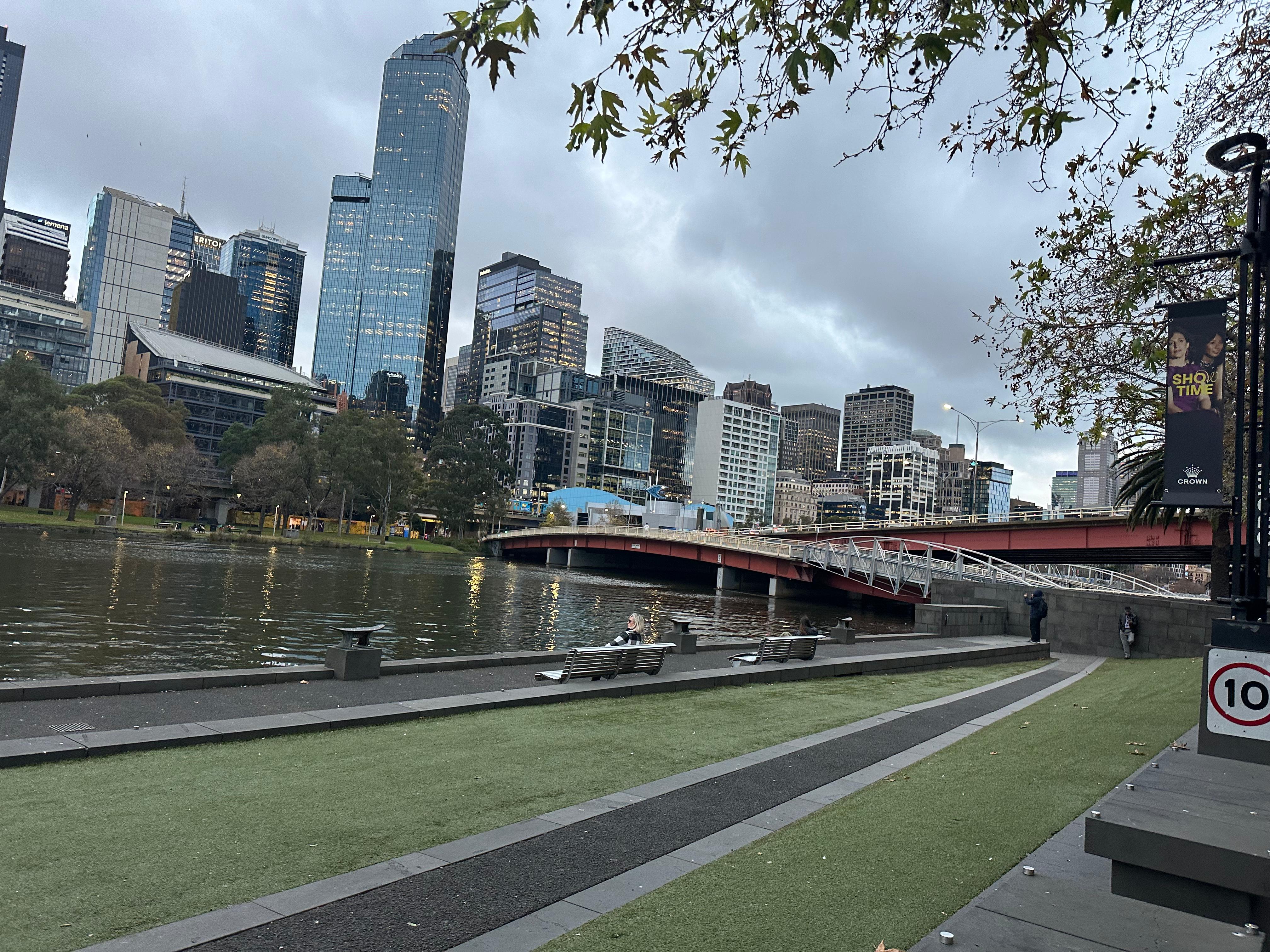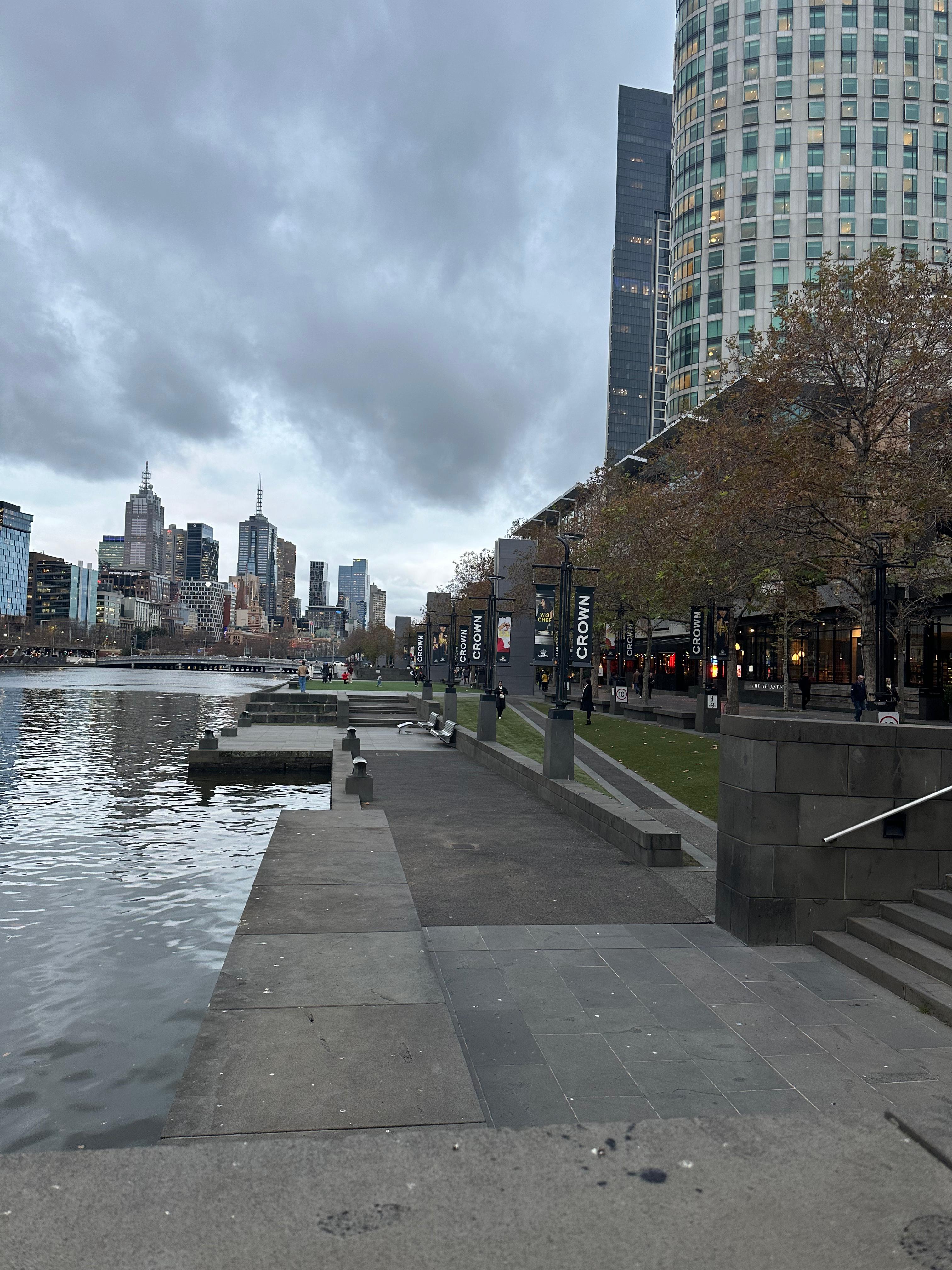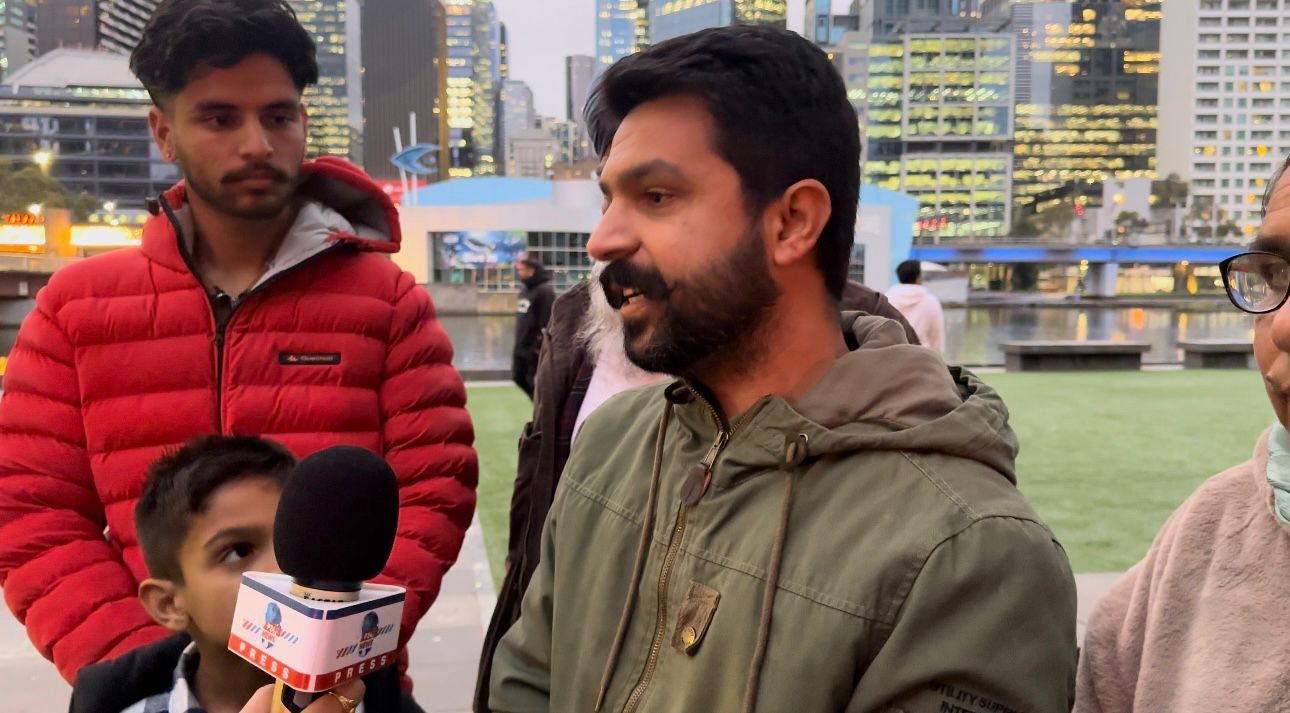This year is monumental for democratic elections around the world. But India’s election is what middle and global powers have been fixated on
This year is monumental for democratic elections around the world. But India’s election is what middle and global powers have been fixated on
The largest ever democratic exercise saw more than 642 million participants voting over a six-week period, to elect 543 MPs to the Lok Sabha (lower house of parliament). Indian voters have defied predictions, challenging the notion that the Bharatiya Janata Party (BJP) would continue its dominance.
Securing 240 seats on its own, incumbent Prime Minister Narendra Modi’s BJP is set to form government once again, but only with the support of its coalition partners in the NDA (National Democratic Alliance). This positions Modi as only the second Indian leader to start a third consecutive term, following in the footsteps of India’s first prime minister Jawaharlal Nehru.
Internationally, the BJP’s third consecutive victory, although with a reduced number of seats, means continuity in a stable and reliable partner for Australia and other global partners. It also means commitment to a multipolar world of inclusive cooperation and an increasingly strong leader for developing countries.
Preserving strategic autonomy will continue to be a hallmark of India’s attempt to realise its own potential – moving from a middle power to gaining more appetite on the global power stage.
As the fastest growing economy in the world, India has caught the attention of countries wanting to diversify their supply chains away from China. Yet Modi 3.0 will still have much work to do to deliver on the big promise of India becoming the third-largest economy by the end of the decade. Generating more power while cutting pollution, developing more infrastructure, and enabling more foreign investment in manufacturing are key for India to fulfil its promise.
While its global backers – such as Australia, the United States, France and Japan – are central to its economic and security goals, India’s “go its own way” approach will ensure its historical ties to Russia remain a feature of its multi-alignment foreign policy. Preserving strategic autonomy will continue to be a hallmark of India’s attempt to realise its own potential – moving from a middle power to gaining more appetite on the global power stage.
As China remains a constant adversary, India’s participation in the US-led Quad will remain a cornerstone of its foreign policy. And the Quad’s focus on a free and open Indo-Pacific will continue to guide India’s multilateral cooperation. With India set to host the Quad leaders’ meeting this year, there exists a massive opportunity for Modi 3.0 to set the agenda on what a third term Modi government wants to achieve with the West and how it chooses to cooperate. Picking up the phone and calling President Joe Biden needs to be a first priority.
A Modi 3.0 government will also ensure India’s Act East policy, emphasising economic cooperation and strategic partnerships in the Indo-Pacific, continues or is even enhanced through further engagement with the Association of Southeast Asian Nations (ASEAN) and through its role as a leader of the Global South. India’s Neighbourhood First policy, prioritising socio-economic development and bilateral engagement with neighbouring countries, could also get a boost.
India’s commitment to, and aspiration for, a free, open and prosperous Indo-Pacific will require it to intensify its relations with small island states in the region and continue to “be a friend” to its Pacific neighbours, as Modi declared India was during his first visit to Papua New Guinea for the India-designed Forum for India–Pacific Islands Cooperation (FIPIC) summit last year.
With China as a persistent security concern, the BJP’s manifesto commitment to strengthening borders and investing in maritime security through defence partnerships with like-minded partners will continue to align well with Australia’s strategic priorities.
Australia’s trajectory to deepen ties with India, both strategically and economically as a counterweight to China, will only continue.
And new initiatives such as BIMSTEC (Bay of Bengal Initiative for Multi-Sectoral Technical and Economic Cooperation) highlight India’s broader regional aspirations. For Australia, this signifies opportunities for expanded collaboration in the Northeast Indian Ocean region, a feature of its Defence Strategy for enhancing regional stability. It also provides an opportunity to build on bilateral defence and security links and information-sharing across the broader Indo-Pacific region.
How India chooses to engage overseas with its expansive Indian diaspora will be an area to watch, as will any new developments regarding the India–Canada relationship. Maintaining people-to-people links with the growing Indian diaspora in Australia while navigating complex bilateral dynamics will be crucial for Australia–India relations to avoid falling into the Canada playbook.
Australia’s trajectory to deepen ties with India, both strategically and economically as a counterweight to China, will only continue. But what this Indian election outcome may now provide is a more comfortable position for Canberra. Governing in coalition may require a softening of the previous hardline BJP tactics of democratic backsliding to truly enable India’s plural democracy to flourish.
India’s struggle for independence played a vital role in heightening the political understanding, social consciousness, and awareness of the people of India who after years of colonial subjugation understood the significance and value of democracy, equality, and civil rights. That understanding has been taken up at this election by a proud nation of 1.4 billion people who have given new life to a modern India that reflects the diversity it stands for.




Like
Dislike
Love
Angry
Sad
Funny
Pray
'Trump Tracker: Tulsi Gabbard's Surprising Appointment as US Intelligence Chief
November 14, 20249th Ayurveda Day in Melbourne: A Celebration of Ayurvedic Innovations and Global Health Impact
November 10, 2024🍪 We Value Your Privacy and Experience Hi there! We use cookies to enhance your browsing experience, provide personalized content, and analyze site traffic. By continuing to use our site, you consent to our use of cookies.







Comments 0